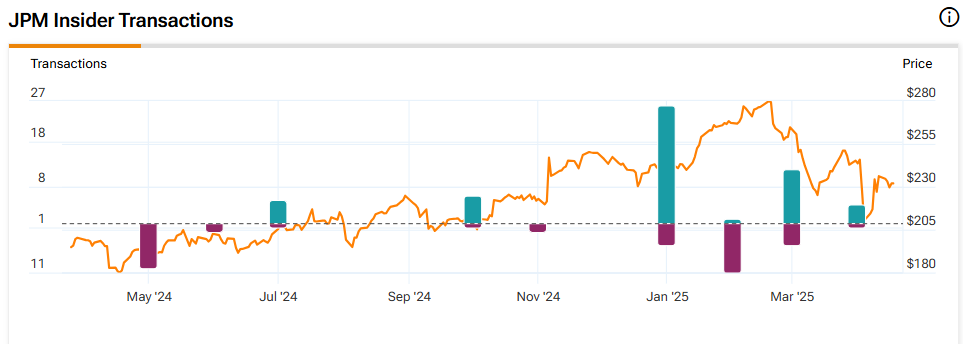According to a recent Bank of America (BAC) survey, investor sentiment about economic prospects has plummeted to its most negative level in three decades. However, this extreme pessimism isn’t fully reflected in how fund managers are allocating their assets, potentially signaling more pain ahead for US stocks.
Survey Findings
The monthly BofA survey reveals that 82% of fund managers expect the global economy to weaken. This gloomy outlook has prompted a record number of respondents to indicate plans to reduce their exposure to US equities.
“Fund managers are max bearish on macro, not quite max bearish on the market,” explained strategists led by Michael Hartnett in a note to clients. The team noted that true “peak fear” typically corresponds with cash allocations rising to around 6% of assets, yet current levels stand at just 4.8%.
The uncertainty surrounding US trade policy and recent spikes in market volatility have clearly unsettled investors. The survey shows a dramatic shift in positioning, with respondents moving from a net 17% overweight US stocks in February to 36% underweight by April – the most significant two-month drop ever recorded. Additionally, 42% of those surveyed believe a recession is likely in the world’s largest economy.
Insider Selling Activity
Meanwhile, corporate insiders appear to have seen the writing on the wall, with several high-profile executives selling substantial holdings before President Donald Trump’s tariff announcements triggered market turbulence.
According to reporting by Bloomberg, Meta’s (META) Mark Zuckerberg sold 1.1 million shares worth $733 million in the first quarter through his Chan Zuckerberg Initiative. These sales occurred in January and February when Meta’s stock was trading above $600, reaching as high as $736. Since then, Meta’s share price has plunged 32% amid the broader market selloff.

Oracle (ORCL) CEO Safra Catz unloaded 3.8 million shares valued at $705 million before the tech giant’s stock fell more than 30%.

JPMorgan Chase (JPM) CEO Jamie Dimon also sold approximately $234 million of stock during the quarter.

Markets Hate Uncertainty
The first quarter proved exceptionally volatile for markets. While technology stocks initially surged early in Trump’s presidency, uncertainty over tariffs ahead of his April 2 “Liberation Day” contributed to a significant selloff that erased trillions from global markets.
Even Elon Musk, the world’s richest person, has seen his wealth decrease by $129 billion this year as tech stocks have been particularly hard hit by tariff concerns affecting everything from phones to semiconductors.
With fund managers not yet fully positioned for their own bearish outlook and insider selling activity providing additional warning signals, investors may want to consider whether current market conditions warrant a more defensive posture in their portfolios for the time being.
















